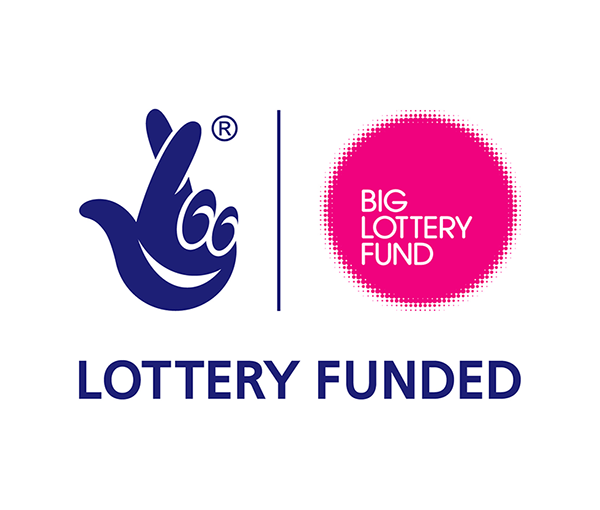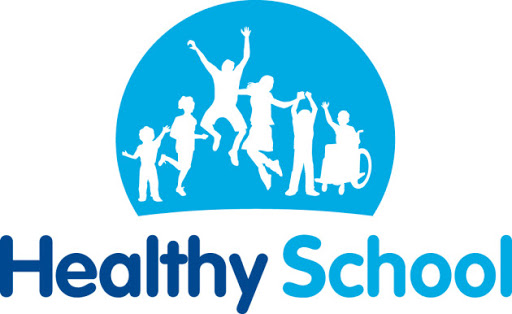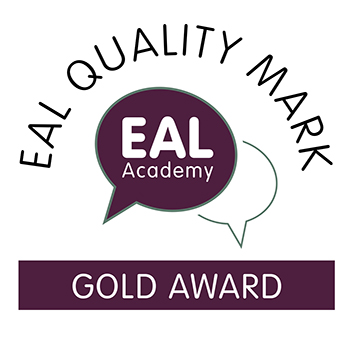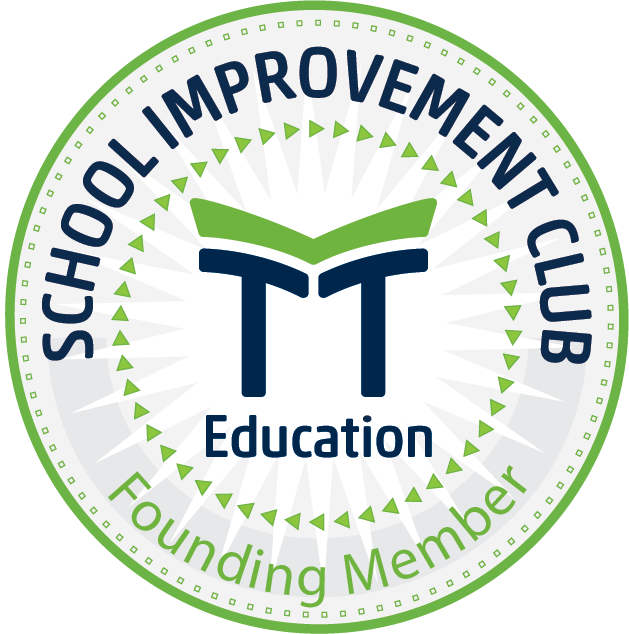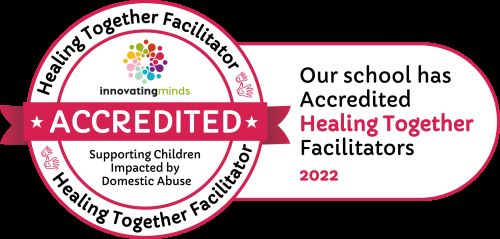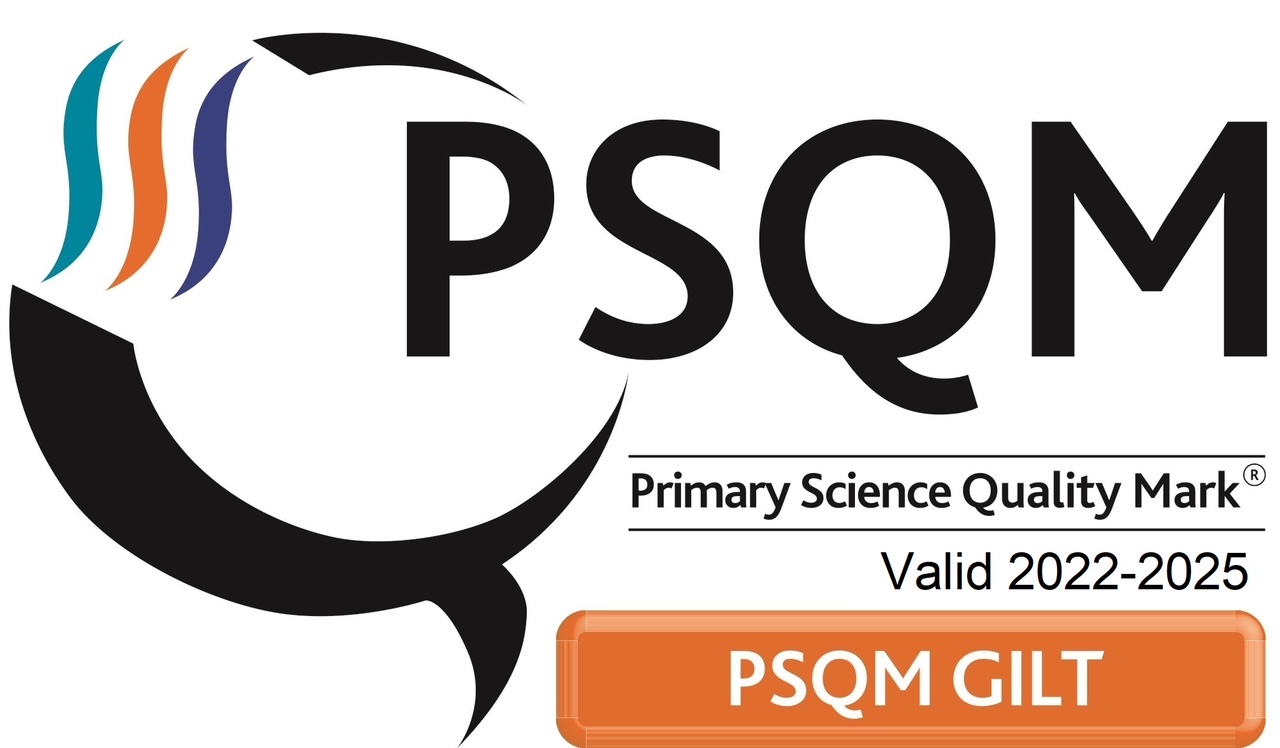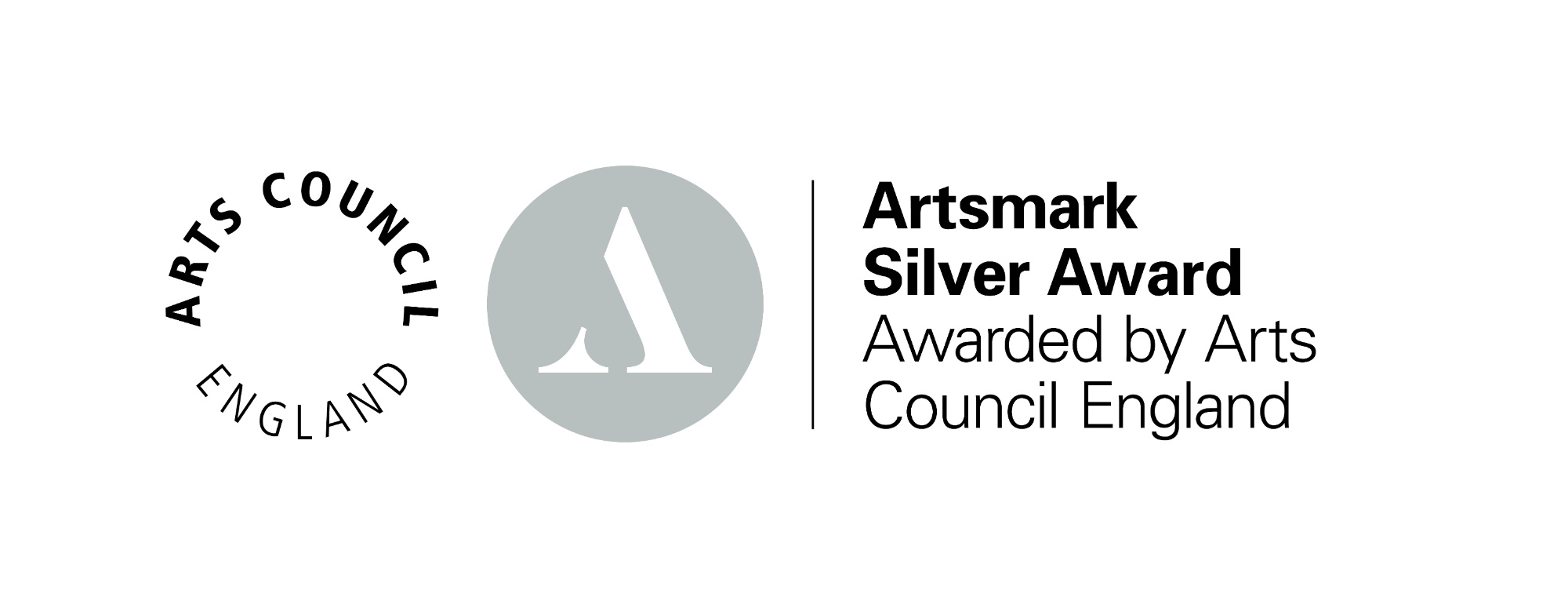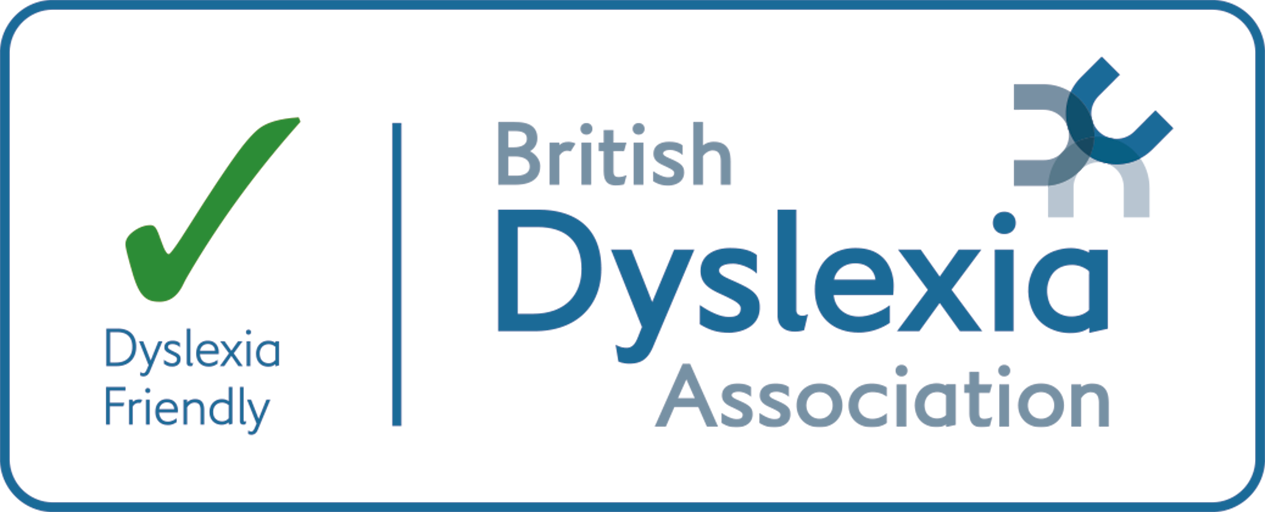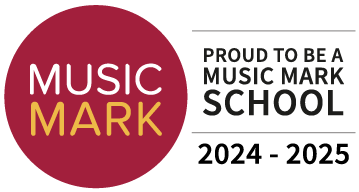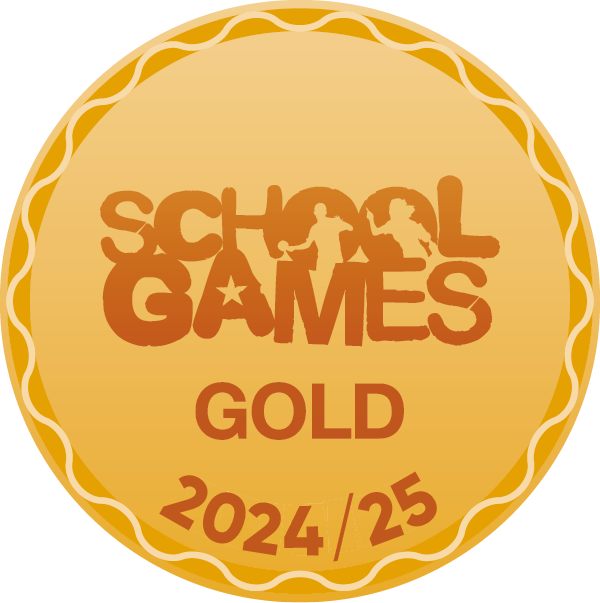Year 2
Summer Term 2025
Our topics this term are Memory Box and Sensational Safari. A flavour of some of what the children will be learning and experiencing during these topics is given below:
Summer 1 - Memory Box
During Maths, we will revise and consolidate our understanding of addition and subtraction strategies and learn how to choose a method to calculate the answer effectively. Then we will apply our mathematical skills to one or two step real life problems. We will also be recapping our work on position and direction and money particularly finding change.
In English, we will be exploring fantasy stories. We will be writing a cave setting description, using the book ‘The Egg’ by M. P. Robertson as a source of inspiration. We will continue to look at this text when writing a diary entry from the perspective of the protagonist. We will apply our descriptive writing skills when we begin to write our own fantasy stories, based on the sequential books by M.P. Robertson.
In Science, we will be learning all about plants. We will begin the term by planting our own beans like Jack from the story Jack and the beanstalk. We will set up an investigation to see what conditions a plant needs to grow well and stay healthy. We will observe our beans and record our results. Earlier in the year, we planted bulbs and we will be observing how these have grown. We will order and label the life cycle of a bulb and seed using a comic strip. We will also explore who the scientist Margaret Rebecca Dickinson was and creating a water colour picture of a flower.
In History, we will be learning about changes within living memory. We will explore how life has changed in modern times, particularly in terms of technology, transport, food, toys and books. We will have the opportunity to hear how life was in the past when we invite a visitor to come and talk about their memories.
In Computing, we will be exploring digital photography. We will learn about what makes a good photograph, the differences between a landscape and portrait photo and how we can manipulate a photograph through lighting and editing. We will apply this when creating our own photographs using digital resources.
This term in Art, we will be learning the technique of weaving with wool. We will apply this to make a whole year group artwork to celebrate the Paris Olympics this year. We will be creating the French flag and the 5 rings of the Olympic logo.
In DT, we will be designing, making and evaluating our own felt bag. We will explore joining techniques and learn how to use a running stich to attach two materials together.
In RE, we will explore Hinduism. We will look at Hindu beliefs, read a Hindu story and explore how Hindu’s celebrate weddings.
In PSHE, we will be looking at the different aspects of the world around us. We will be investigating how to look after our communities and countryside as well as the importance of money in the world.
In athletics, we will develop skills such as running at different speeds, jumping and throwing. We will evaluate and measuring our skills and performance, competing to improve on our own score and against others.
During our target games lessons, we will practise sending an object towards a target. We will look at the principles of defending and attacking for target games. We will develop the skills of throwing, rolling and striking and will be able to select and apply the appropriate action for the target considering the size and distance of the challenge.
We will be looking at how a piece of music is structured and composed and how music can have different layers within it. We will create our own music and perform our finished pieces.
Summer 2 - Sensational Safari
During Maths, we will learn how to count in fractions and find fractions of amounts, including amounts of money. We will learn how to tell the time on a digital clock. We will revise our learning about 2D and 3D shapes. We will learn how to solve puzzles involving numbers and shapes. We will learn place value in 3-digit numbers, how to place these numbers on a number line and round them to the nearest 10.
In English, we will be exploring adventure stories. Our visit to Woburn Safari Park will inspire us as we plan and write our own recounts. We will explore stories from different cultures and develop our letter writing skills. We will then revisit poetry and write our own poems using imagery.
During Science, we will be learning about animals including humans. We will be able to identify how animals and humans change as they grow, and we will also find out about the basic needs of animals and humans too. We will be further developing our working scientifically skills throughout our science this term and we will be able to plan and carry out our own investigation to find out if taller children have bigger hands.
In our new and exciting topic, we will be investigating the continent of Africa through our ‘Sensational Safari’ topic. During this, the children will learn all about the different geographical landscapes, weather and climate as well as the different animals and cultures. We will be investigating what a typical day in the life of a Year 2 child is like in the UK and in Kenya.
In Computing, we will explore how music makes us think and feel. We will make patterns and use them to make music with both percussion instruments and digital tools. We will also create different rhythms and tunes, using the movement of animals for inspiration. Toward the end of our computing in this term we will share our creations and compare creating music digitally and non-digitally.
In Art, we will be learning about the technique of creating relief prints. We will explore the work of the artist William Morris and look at how animals and the natural world inspired his work. We will apply this learning when producing our own prints.
In RE, we will be looking at the different communities around us. During these lessons we will explore the ways in which we experience belonging at home, in groups, at school and in the wider community.
In PSHE, we will be looking at fire safety. During these lessons, we will be looking at ways of staying safe near fire and the difference between making safe and risky choices in dangerous circumstances. Finally, we will be looking at how to stay safe within a vehicle. We will be discussing how drivers can be distracted whilst driving and what safe choices can be made in these situations.
This term, we will be looking closely at team building skills. We will look at how good communication and problem-solving skills are useful and how each member of the team has strengths. We will also learn how to discuss, plan and reflect on ideas and strategies together.
This term, we will build upon our target games learning and develop our defending (fielding) and attacking (batting) for striking and fielding games such as rounders and cricket. We will use and develop skills such as throwing and catching, tracking a ball and striking a ball.
As part of our new topic ‘Sensational Safari’, we will be using different sounds and instruments to replicate the noises of the land including animals and traditional African music. We will be learning a range of songs using call and response rhythms.

